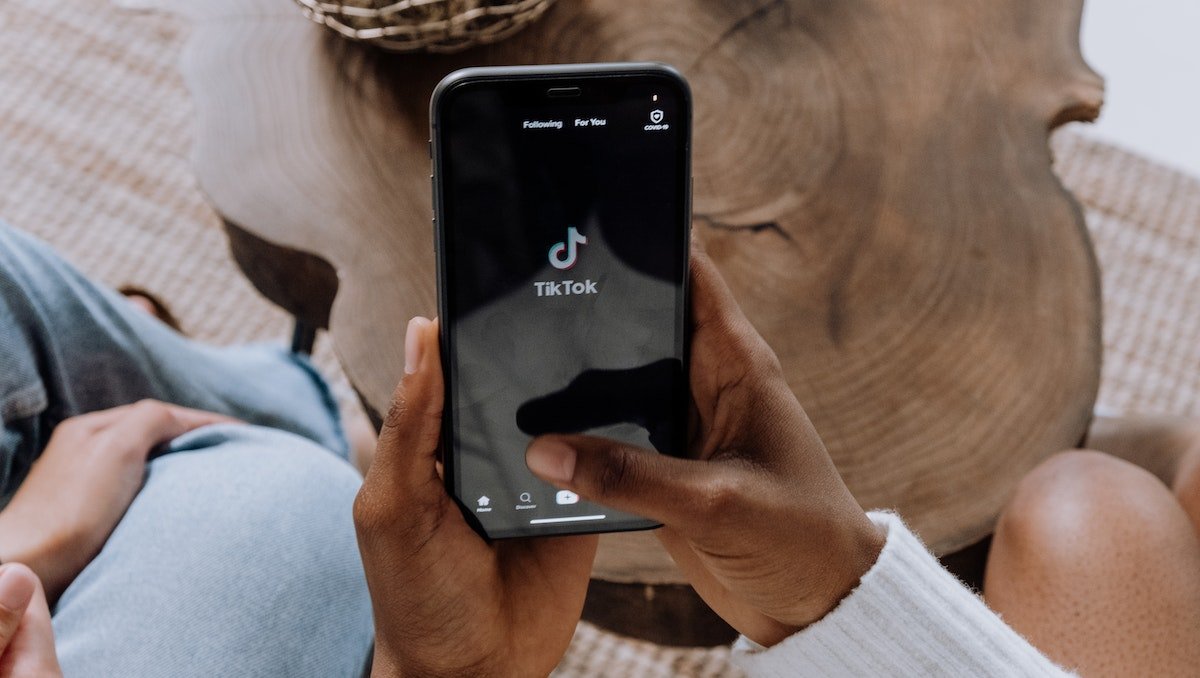Receive a daily summary with The 7 most important news
By subscribing, you agree to receive email newsletters or updates from El Tiempo Latino and agree to our Privacy PolicyYou can unsubscribe at any time and you can contact us here.
{{#label}}{{label}}: {{/label}}{{message}}
Something went wrong. Try again later?
{{#label}}{{label}}: {{/label}}{{message}}
Something went wrong. Please try again later.
Latin Time
News from Washington DC and the United States
In five years, TikTok, the app once dismissed as a silly dance-video fad, has become one of the most prominent, discussed, distrusted, technically sophisticated, and geopolitically complex giants on the internet, a phenomenon that has secured an unparalleled understanding of culture and everyday life and intensified conflict between the world's greatest superpowers.
Its dominance, as estimated by internet companies Cloudflare, Data.ai, and Sensor Tower, is hard to overstate. TikTok's website was visited more frequently than Google last year.
No app has grown faster than 1 billion users, and more than 100 million of them are in the United States, about a third of the country.
Stay informed on the most relevant topics in politics, economics, the Latino community and health. Subscribe here to our newsletters.
The average American viewer watches TikTok for 80 minutes a day, more than the time spent on Facebook and Instagram combined.
A survey A Pew Research Center survey in August found that two-thirds of American teens use the app, and 1 in 6 said they check it “almost constantly.”
Although half of TikTok's US audience is under 25, the app is also gaining traction among adults; industry analyst eMarketer expects its 65-plus audience to grow by nearly 15% this year.
TikTok creates an endless stream of videos curated by its algorithm for viewers to interact with, then learns users' tastes with every second they watch, pause, or scroll.
People don't tell TikTok what they want to see, the platform shows it to you, and the internet seems to be insufficient.
“We're not talking about a dance app. We're talking about a platform that's shaping how an entire generation is learning to perceive the world,” explained Abbie Richards, a researcher who studies misinformation on TikTok.
TikTok's cultural influence on a new generation of media has led to some astonishing ripple effects. Viral videos of people indulging in their favorite books, many of them using the hashtag #BookTok, which has 78 billion views, helped make 2021 one of the best sales years in the history of the publishing industry.
America's biggest tech innovators are reinventing themselves in TikTok's image, not just developing short-video imitations (Meta's Reels, YouTube's Shorts), but also swapping networks of friends and family for feeds of strangers chasing viral glory. TikTok's model could soon shape the entire internet.
TikTok's ownership, of the Beijing-based tech giant ByteDance, has also made him one of the biggest pariahs in Washington. Former President Donald Trump tried to dismantle it.
Major branches of government and the U.S. military have banned it on government-issued phones. And members of Congress insist it could be a Trojan horse for a secret Chinese surveillance and propaganda machine.
TikTok executives have argued that they are not influenced by government agendas and simply want to foster a fun and conflict-free entertainment platform.
They've worked to allay doubts and make friends in a hostile Washington by hiring US-based specialists, promising transparency, and channeling American user data through servers in the country.
But former TikTok employees and technical experts argue that the company's solutions do nothing to address its biggest risk: that its top decision-makers work in a country adept at using the web to spread propaganda, surveil the public, gain influence, and crush dissent.
That crisis of confidence has led to an ongoing debate among U.S. regulators: whether to more closely monitor the app or ban it altogether.
Main source of the news: The Washington Post.
LATEST NEWS







